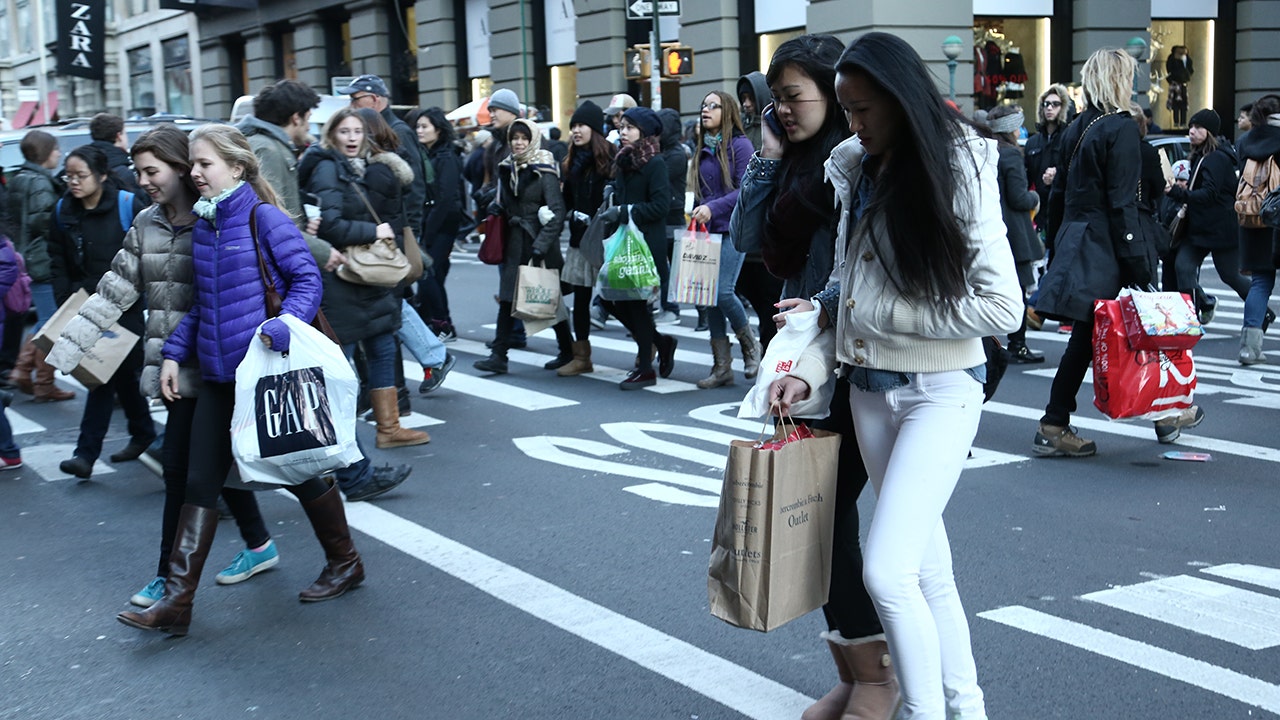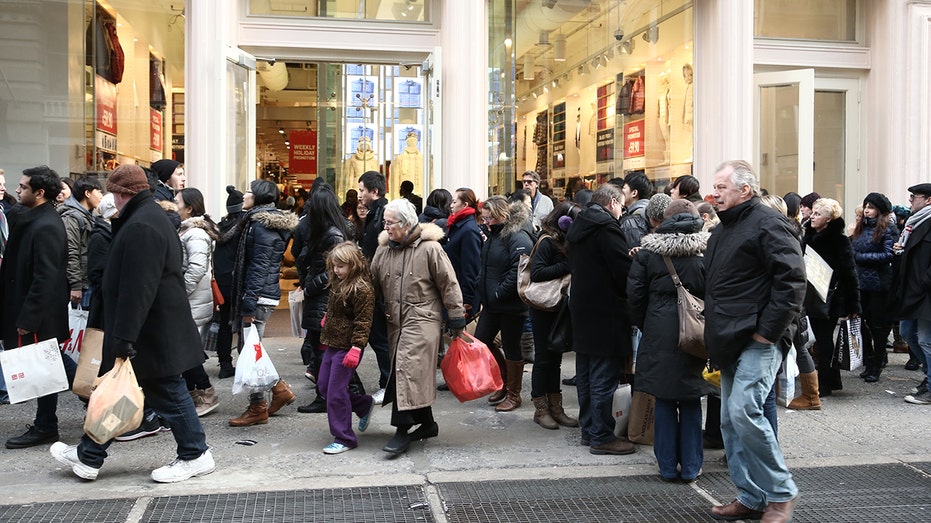Finance
Holiday debt hangover poised to be ‘particularly nasty’ this year, analyst says

While retail sales are strong, typically an indication of a healthy consumer, an industry economist is deeply concerned about how consumers will pay it all off when the bill comes.
Bankrate senior industry analyst Ted Rossman’s concerns were heightened, in particular, after noticing an uptick in usage for buy now, pay later (BNPL) services as consumers battle growing debt obligations.
These payment services were up 40% year over year on Black Friday and Cyber Monday, according to data from Adobe.
This uptick suggests that “a lot of people are close to the edge,” and it’s one reason why Rossman believes the “holiday debt hangover could be particularly nasty this year.”
CYBER MONDAY SALES REACH $12.4B DRIVEN BY ‘BUY NOW, PAY LATER’
“I think the substantial surge in BNPL usage (on top of already explosive growth in recent years) shows how many people are looking for quick, affordable financing,” he said.
These services – like Klarna or Afterpay – are advertised as interest-free loans that can be paid in weekly or monthly installments. And while it can help ease cash-flow issues, financial experts say there are hidden risks when shoppers rely on the services too much.
“While one could use these plans to their advantage, I do worry they’re too easy sometimes, and there isn’t enough visibility on credit reports, and sometimes people can trick themselves into spending too much,” Rossman said.
For example, four $50 payments don’t sound like a lot, but Rossman said it “conceals the fact that it’s really $200, and you may already have multiple similar plans running with different providers.”
HOLIDAY SHOPPING SEASON OFF TO A STRONG START
Consumers can hit late fees if they don’t have the funds to cover the installments, pushing them deeper into a hole.
Credit cards can be a great tool when they are paid in full and consumers maximize rewards. However, only about 53% of cardholders do so.

For the 47% who carry a balance month to month, credit card debt can be a big problem.
What’s worse, balances and rates “have never been higher,” he said.
Several years of high inflation and high interest rates have “eroded a lot of households’ savings and buying power.” If families are stacking more debt on top of that during the holiday season, it “poses trouble at least at the household level,” he noted.
Rossman noted that any excess savings from the pandemic are pretty much gone at this point, “so I worry the rising debt trend could catch up to people, especially if the job market takes a turn for the worse.”
Read the full article here


















